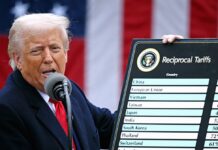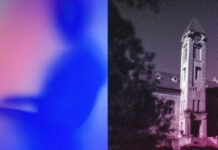With 45% of injections so far among the rich club – which accounts for just 10% of the global population – the G7 on Friday said its aid to projects like the World Health Organization’s Covax now amount to $7.5bn (£5.35bn).
The increased pledges from the US, Germany, France, UK, Italy, Japan and Canada came as permanent UN Security Council member UK showed a draft resolution to other countries on the global body, calling for wealthy nations to share doses with poor and war-torn states.
Seen by AFP, the text “emphasises the need for solidarity, equity, and efficacy and invites donation of vaccine doses from developed economies to low and middle-income countries and other countries in need”.
Meanwhile, Russia pressed ahead with its home-grown vaccination programme, saying 120,000 doses of its third authorised coronavirus vaccine, CoviVac, will reach people by March, following in the footsteps of the Sputnik V and EpiVacCorona shots.
The new vaccine, still in final stage clinical trials, was produced by the state-run Chumakov Centre based in Moscow and employed a different method of development from Sputnik and EpiVacCorona, using an inactive virus.
Today, Russia is the only country in which there are already three vaccines for the prevention of Covid infection,’ the prime minister, Mikhail Mishustin, said.
And New Zealand began what the director general of health, Ashley Bloomfield, called a “small but important step in a long journey” by launching jabs for high risk citizens and those returning from overseas, along with border and quarantine workers.
Neighbouring Australia is set to start its own scheme on Monday.








